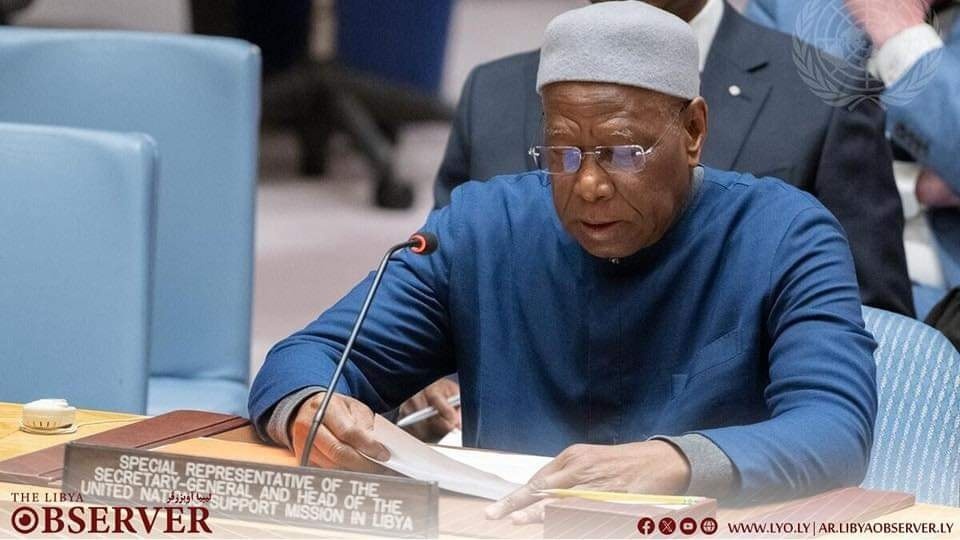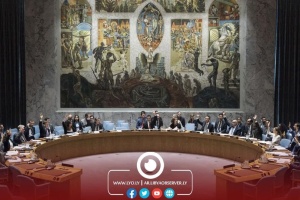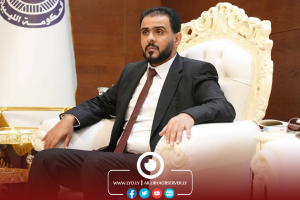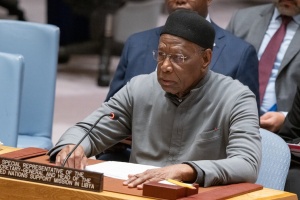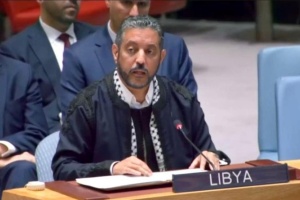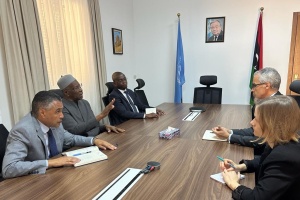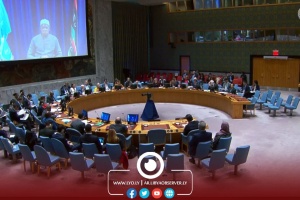The Special Representative of the Secretary-General of the United Nations, Abdoulaye Bathily, said that the preconditions set by the Libyan leaders, before holding any negotiations, reveal a desire to reject in advance the solution, and that despite their declaration of good faith, “they have not yet shown good intentions.”
Bathily stressed, during his regular briefing to the UN Security Council on Tuesday, that unilateral and parallel initiatives from all Libyan parties contribute to the complexity of the scene in the country. He pointed out that there is a deliberate refusal by the Libyan parties to hold the elections, seriously, with a stubborn desire to postpone the elections to an unknown extent.
Bathily explained that he put forward proposals and initiatives as part of his attempts, since calling on the five main parties in Libya, to hold a dialogue, settle the outstanding issues, and hold elections. However, these proposals and attempts found nothing but opposition, stressing that these positions came about due to division on the global scene.
He said that adding a “separate seat” to the dialogue table, for delegations from the government supported by the House of Representatives, headed by Osama Hammad, to sit on, will give an official character to the divisions prevailing in Libya, stressing that Haftar’s forces “are undoubtedly the decision-maker on political, military and security matters in eastern and southern Libya," adding that Hammad’s government is considered its executive wing.
He expressed “deep disappointment,” saying it is unfortunate to witness those in a position of power taking precedence over their personal interests over the interests of the country, saying: “We cannot allow the ambition of 2.8 million registered Libyan voters to have their voices dampened by the narrow interests of a handful of officials.”
He added that Dbeibah and the head of the High Council of State, Mohamed Takala, stipulated that a new constitution be drawn up before holding the elections, and he described the positions of the Libyan parties towards his initiative as “petrified,” pointing to what he considered an intentional rejection and a desire to postpone the elections for an unknown period.
"Both Tekala and Dbeibah nominated someone to represent them in the dialogue, but they stipulated that the election laws be reconsidered and a new constitution be adopted before launching the political process, while Aqila Saleh stipulated the formation of a unified government as a necessary condition for holding the elections, and Haftar stipulated that either we invite the Hammad government with the Dbeibah government, or withdraw the representation of the two governments.” He explained.
Bathily also spoke about the economic crisis, considering that it deepened with the Central Bank issuing the decision to impose a temporary tax on foreign currency, which reached 27%, with a liquidity crisis imminent. He pointed out that the tax approved by the House of Representatives on March 14 was accompanied by a decline in the value of the Libyan dinar in the parallel currency market, and a restriction of the ability to access foreign currencies.
"All of this fueled public anger with growing concern among citizens about the rise in prices of basic goods and services, including health care." He added.
He called on the Libyan authorities to treat the "disease and not just treat the ravages", pointing out that the disease is the chronic and harmful financial and economic practices, especially since these practices affect the entire country, and the well-being of the population, and enable the Libyan parties to keep the situation as it is.
Bathily urged the Libyan authorities to urgently agree on a national budget, while addressing the serious shortcomings in the transparent, fair and accountable management of state resources, “in the interest of all Libyans, including those in the marginalized south.”
He pointed out that he had issued an appeal to Dbeibah's government to allocate sufficient funds to all municipalities.

